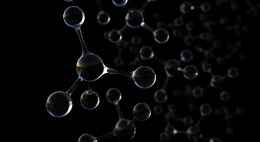
- Chemical Name:Polytetramethylene Ether Glycol
- CAS Number:25190-06-1
- Chemical Family:Glycol Ethers, Glycols, Polyols
- Hydroxyl Value:107.0 - 118.0 mg KOH/g
- Synonyms:Polyfurite, Polytetrahydrofuran, Poly(butylene oxide), Poly(n-butylene oxide), Poly(oxy-1,4-butanediyl), Poly(oxy-1,4-butanediyl), α-hydro-ω-hydroxy-, Poly(oxy-1,4-butylene) glycol, Poly(oxybutylene) glycol, Poly(oxytetramethylene), Poly(oxytetramethylene) glycol, Poly(oxytetramethylene)diol, Poly(tetrahydrofuran), SRU, Poly(tetrahydrofurandiol), Poly(tetramethylene ether), Poly(tetramethylene ether) glycol, Poly(tetramethylene ether)diol, Poly(tetramethylene glycol), Poly(tetramethylene oxide), Poly(tetramethylene oxide) glycol, Polybutylene glycol, Polyfurit, Polytetramethylene glycol, Polytetramethylene glycol ether with butanediol, Polytetramethylene oxide diol
PTMG 1000 is a glycol ether belonging to the polytetrahydrofuran family. It is available in drums, tanks, and cans offering flexibility in packaging and storage. As a monomer in polyurethane and polyester resins, PTMG 1000 finds application in various markets, including industrial and consumer goods. With features like good low-temperature flexibility and wear resistance, it excels in producing apparel, adhesives, sealants, paints, coatings, synthetic leather, and artificial suede.


























































